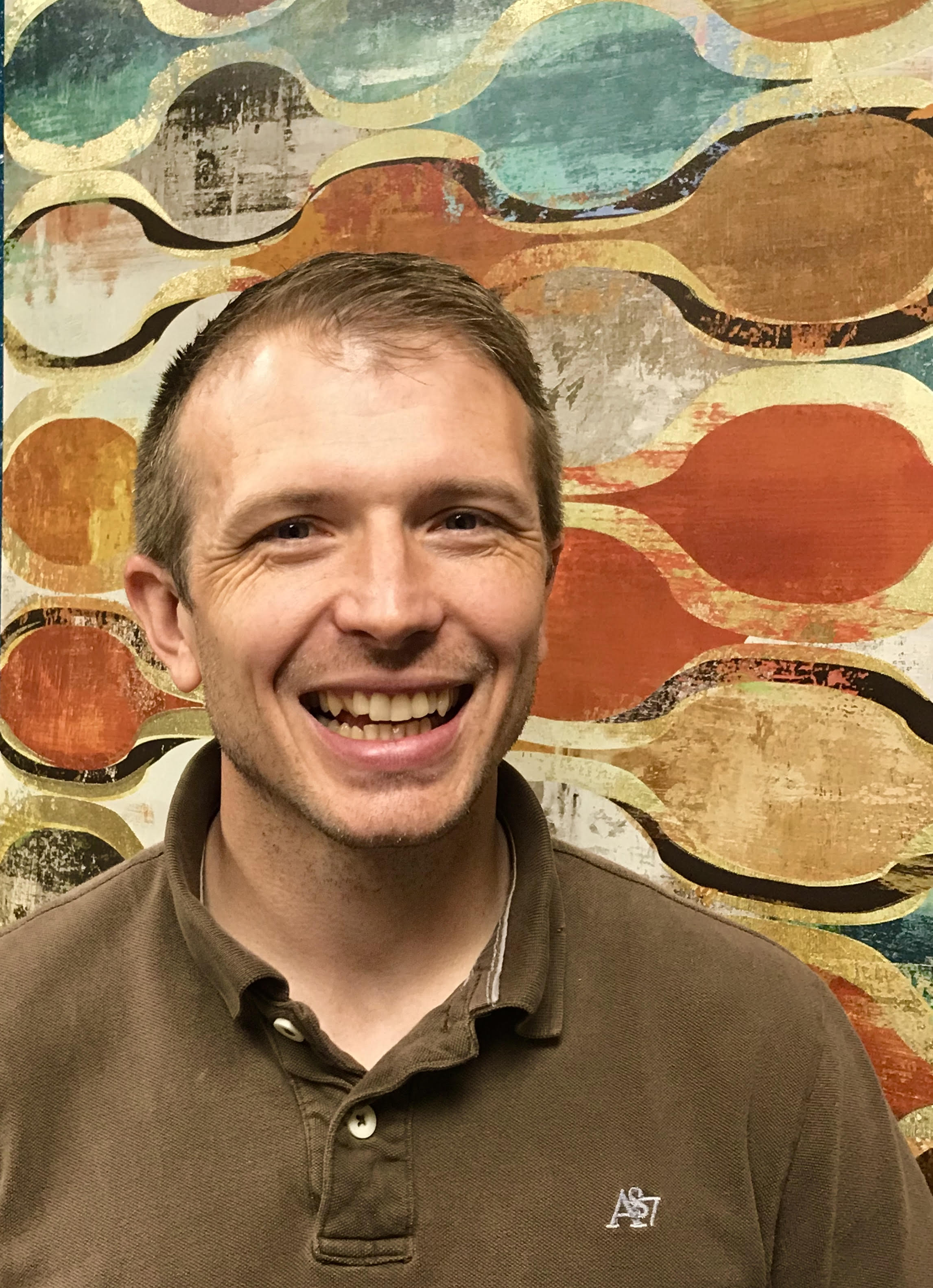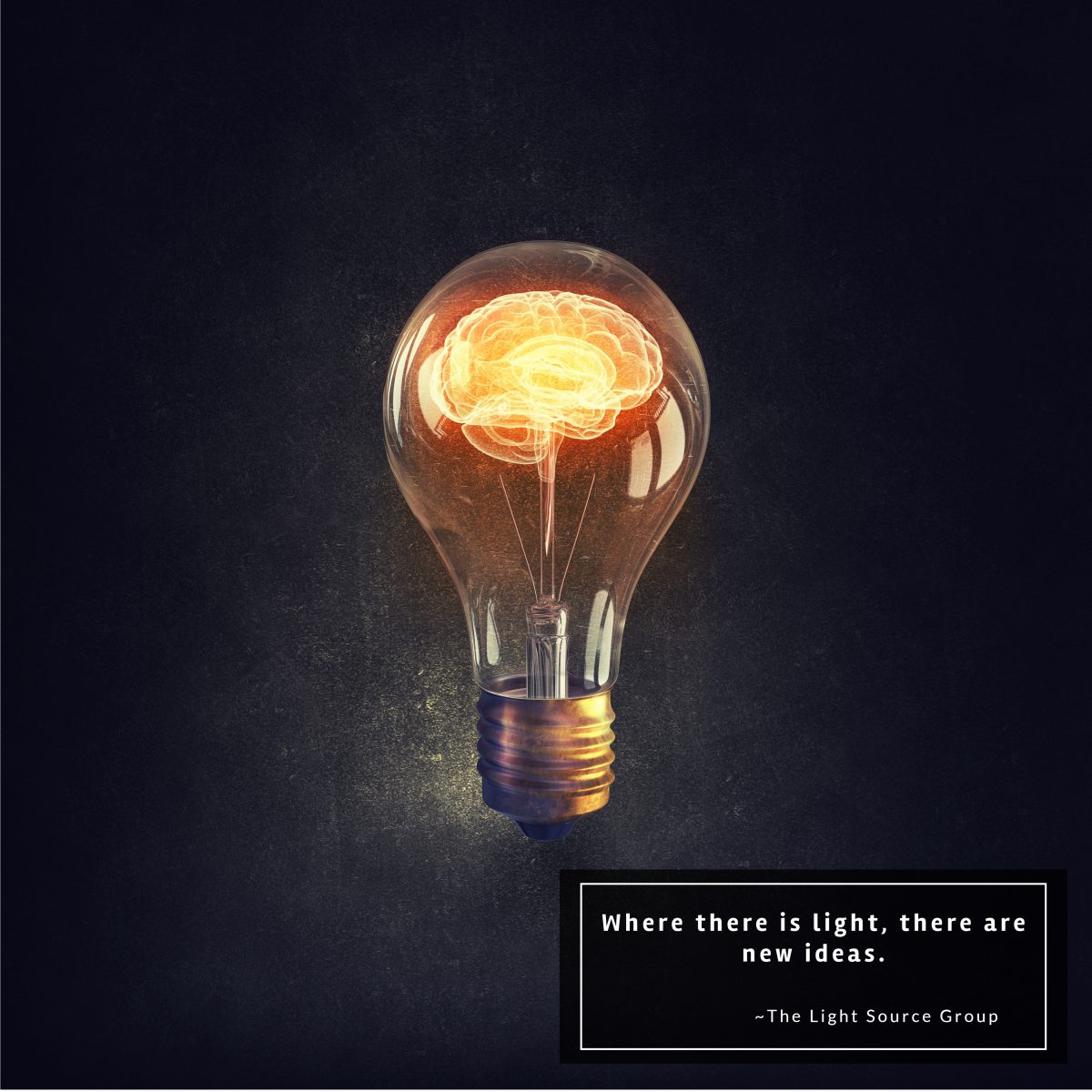Heres the LIGHT!

By Sean Ronnau
Compassion and Depression
Let’s talk about how we can overcome depression and be more compassionate with others who are suffering from depression. According to the National Institution of Mental Health, “An estimated 17.3 million adults in the United States had at least one major depressive episode in 2017.” Depression can affect any and every one! There are two specific points I would like to address concerning depression.
Not JUST feeling bad
First, depression is not just feeling bad. To understand how severe it can be, think of the last time you are someone you know had influenza; the actual flu, not just a cold. When you have the flu, your serotonin levels drop. This is the same thing that happens chemically with depression. So, that feeling of wanting the pain and bad stuff to be over and not caring whether you live or die when you have the flu, that is what depression is like. Now imagine feeling like that for weeks or months at a time.
Depression truly isn’t just feeling bad. Remembering this fact can help you to be more compassionate towards those around you who may have depression, instead of invalidating or dismissing them. They can’t just get over it. And if you are struggling with depression, I hope this helps you extend some grace to yourself and encourages you to seek help. That grace for yourself can be the first step to build upon helping you to be lifted out of the darkness.
“And if you are struggling with depression, I hope this helps you extend some grace to yourself and encourages you to seek help.”
All in your head
Second, your head is just the start. Some people say depression is “all in your head.” Well, isn’t everything? Just a poll here: how many of us would be able to do anything if we didn’t have our head? No one! Granted, I understand what the old adage is trying to say; that someone is making something out of nothing. That can be true sometimes. But even more true is the impact of our thoughts on our health. Words and thoughts have power. If they didn’t, why use them at all to argue the point?
As a counselor, I know that thoughts are powerful, and this is why I choose to help people help themselves with their own thoughts instead of merely belittling them into action as this adage would suggest we do. So, the next time someone says it’s “all in your head,” or the next time you think that about someone else, just remind yourself that everything is in our head…except your stomach. (Which scientists now know that repression of psychological issues can cause pain in the stomach. So, if it is in your stomach, it may be in your head, too!)

Here’s the LIGHT: Depression, even the most severe cases, can be treated. Depression counseling and depression therapy are available. The earlier depression treatment can begin, the more effective it is. Depression is usually treated with medications, psychotherapy, or a combination of the two. So be kind, be compassionate, and seek help with depression.
"Speechless"
“Here’s the Light: No matter how bad our past was or how much our brain has had to overcome, healing is possible if we keep an open mind and continue to push forward!”

By Sean M. Ronnau, LPC
Have you ever been silenced? I don’t mean told not speak by a person. I mean unable to speak because what you were experiencing was so terrifying that nothing would come out when you opened your mouth. If you recall the event today, are you still not able to speak about it without having more and more terror overwhelm you? These experiences can overload our senses and sometimes cause you to melt down again as if the event is happening in present time. If that has happened to you, keep reading for some good news and some understanding of what science has taught us about this response.
I was recently reading a book called The Body Keeps Score by Bessel van der Kolk. In it, the author speaks of what happens to our brains after we have survived trauma. The discovery was made by studying the brains of participants with a brain imaging device while they relived a traumatic event from their past. Through the study, scientists discovered that the region of the brain responsible for speech literally turns off during the flashback of the trauma. Bessel van der Kolk describes this as. “speechless horror.”
This scientific evidence means you don’t have to be ashamed or embarrassed about being speechless when it comes to trauma. You don’t have to think of yourself as weak or fearful. It’s not your fault! Your brain is literally shutting down verbal communication. This new information excites me for gaining more awareness and validates several ideas for the counseling process.
“Through the study, scientists discovered that the region of the brain responsible for speech literally turns off during the flashback of the trauma. Bessel van der Kolk describes this as. “speechless horror.””
First, we each must move through the counseling process at our own pace. Bringing the speech center back online may take a while, but it will happen as we continue to move forward. Secondly, talking is not the only way to progress through therapy. I will often engage in an activity with a client to help them process their experiences. Activity can be just as and more therapeutic in processing trauma. And third, the story will change as we continue to tell it. As we process the event from different angles and activate the speech center again, the story will unfold more completely. The original version was not a lie, just not the whole picture.
Because of this enlightenment, I have decided to pursue further training into “brain-based” treatments that rely less on the talking portion of therapy and more on the science of the brain. Particularly, there is a treatment created by David Grand, Ph.D. called Brainspotting. You can read more about it here. I know many counselors that are using this treatment with awesome results. I even got to go through a session myself! My initial perception of Brainspotting was filled with skepticism. I thought it was some kind of hocus-pocus, fake science. But, after going through it myself, I am now a believer and know that it works in helping us connect to and integrate trauma from our past.
Here’s the Light: No matter how bad our past was or how much our brain has had to overcome, healing is possible if we keep an open mind and continue to push forward!

